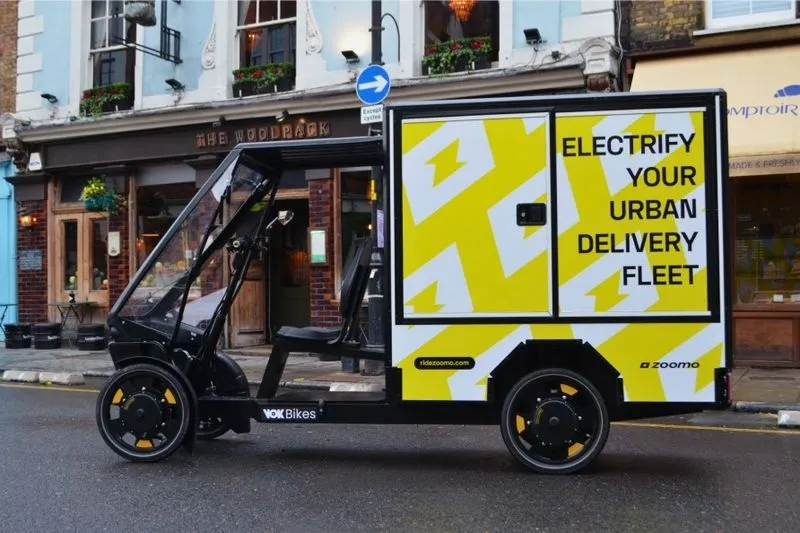Awarded as part of the UK government’s Centre for Connected and Autonomous Vehicles CAV2 competition, the grant will enable the consortium to develop and demonstrate autonomous transport in London, with the aim of launching a supervised trial of an autonomous vehicle fleet in the third quarter of 2019.
The StreetWise project aims to show that the technology is now sufficiently mature to be safe in urban environments and sufficiently intelligent to co-exist with human drivers, road users and pedestrians. It also plans to demonstrate how this technology can be used to reduce commuting costs, cut accident rates, reduce congestion and cut emissions.
The core aims of the project are to develop the autonomous vehicle technology, develop user interfaces, define and price the service, establish viable vehicle management and maintenance processes, attain (provisional) regulatory approval for that service and insure and operate it to a pre-commercial (TRL5) level.
The project will be delivered by a consortium led by FiveAI working in collaboration with the
UK consortium awarded funding to develop autonomous vehicles
The StreetWise consortium, headed by UK artificial intelligence (AI) and machine learning (ML), start-up has been awarded US$16.4 million (£12.8 million) in grant support for its US$29.5 million (£23 million) project. Awarded as part of the UK government’s Centre for Connected and Autonomous Vehicles CAV2 competition, the grant will enable the consortium to develop and demonstrate autonomous transport in London, with the aim of launching a supervised trial of an autonomous vehicle fleet in the third quarter
April 24, 2017
Read time: 2 mins
The StreetWise consortium, headed by UK artificial intelligence (AI) and machine learning (ML), start-up has been awarded US$16.4 million (£12.8 million) in grant support for its US$29.5 million (£23 million) project.








